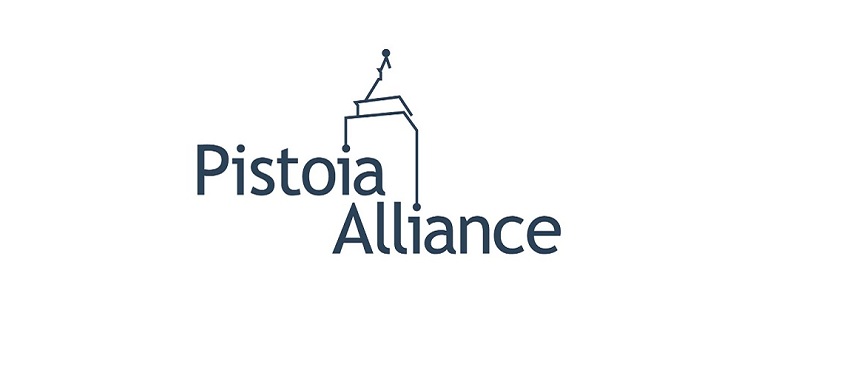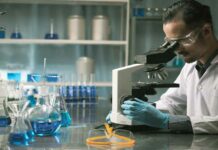The Pistoia Alliance, a global not-for-profit that works to lower barriers to innovation in life sciences R&D, today released proof of concept (PoC) software to enable the digitisation of analytical method descriptions, as part of its Method Database (MethodDB) project.
Greater digitisation will support the use of AI and deep learning by centralising and standardising experiment descriptions against a common ontology and standardizing structure against a common data model, increasing data integrity and scientific reproducibility. The Pistoia Alliance collaborated with Allotrope Foundation, using the Allotrope Framework technology stack, to deliver the MethodDB PoC in a collaboration between major pharmaceutical companies including Merck&Co., Inc, Agilent, Bristol-Myers Squibb, AbbVie, as well as software companies OSTHUS and TetraScience.
The MethodDB project is one of the first building blocks in the development of the Lab of The Future (LoTF) and will enable scientists to save considerable amounts of time and money when reproducing experiments on different instruments.
“This project is an excellent example of pre-competitive consortia working together to pool resources and expertise,” commented Dr Steve Arlington, President of The Pistoia Alliance. “The project is helping to transform the lab environment, accelerate innovation, and will provide the foundations for successful use of AI platforms in the future. By working together we can help to improve the outcomes of experiments, which in turn will support the development of new life-saving therapies.
The MethodDB project covers a complex area and could never be fulfilled by any single entity, so we are pleased to see so many big names in pharma getting on board with this kind of project. We urge more stakeholders to come forward and get involved in this initiative.”
In pharma R&D, method recapitulation is difficult and time consuming. Today, most scientists still handwrite their methods, which can easily be six to eight pages long; digitising the method capture process reduces the room for human error. Scientists often have more than 30 instruments in one lab, each with a different user interface, and will have to spend an inordinate amount of time inputting the variables onto each to reproduce a single experiment. A digital instruction set that can be read by the instruments removes this need and frees scientists to focus on more creative and innovative work. Digitising methods resolves a key problem in the laboratory – being able to link methods and results together – and creating an auditable trail. Additionally, from a cyber-security perspective, a centralised storage location creates a much more resilient environment.
“We are very excited to help lead this project. At Bristol-Myers Squibb, we are committed to improving how we as an industry work through the application of technology and digital transformation of R&D – and the MethodDB is squarely aligned with this objective,” commented Dr. Dana Vanderwall, Director of Biology & Pre-Clinical IT at Bristol-Myers Squibb, and Allotrope Foundation Board Chair. “We look forward to continuing the collaboration between The Pistoia Alliance and Allotrope Foundation that is driving innovative digital technology into real world applications such as the MethodDB- a tangible example of the kind of capabilities that will help define the Lab of the Future”.
This proof of concept is for High-Performance Liquid Chromatography (HPLC) systems and will be extended to other analytical chemistry methods in the future. It currently covers 30 parameters common across HPLC systems and records them. The PoC uses the Allotrope Data Format for one standardised way of recording the method and will undergo lab testing to further develop the system. The Pistoia Alliance is looking for both pharmaceutical companies, instrument vendors, and service organisations, to come forward and support phase two of the project. To join the MethodDB project please get in touch with Gerhard Noelken (gerhard.noelken@pistoiaalliance.org)
About The Pistoia Alliance:
The Pistoia Alliance is a global, not-for-profit members’ organization made up of life science companies, technology and service providers, publishers, and academic groups working to lower barriers to innovation in life science and healthcare R&D. It was conceived in 2007 and incorporated in 2009 by representatives of AstraZeneca, GSK, Novartis and Pfizer who met at a conference in Pistoia, Italy. Its projects transform R&D through pre-competitive collaboration. It overcomes common R&D obstacles by identifying the root causes, developing standards and best practices, sharing pre-competitive data and knowledge, and implementing technology pilots. There are currently over 100 member companies; members collaborate on projects that generate significant value for the worldwide life sciences R&D community, using The Pistoia Alliance’s proven framework for open innovation.





















